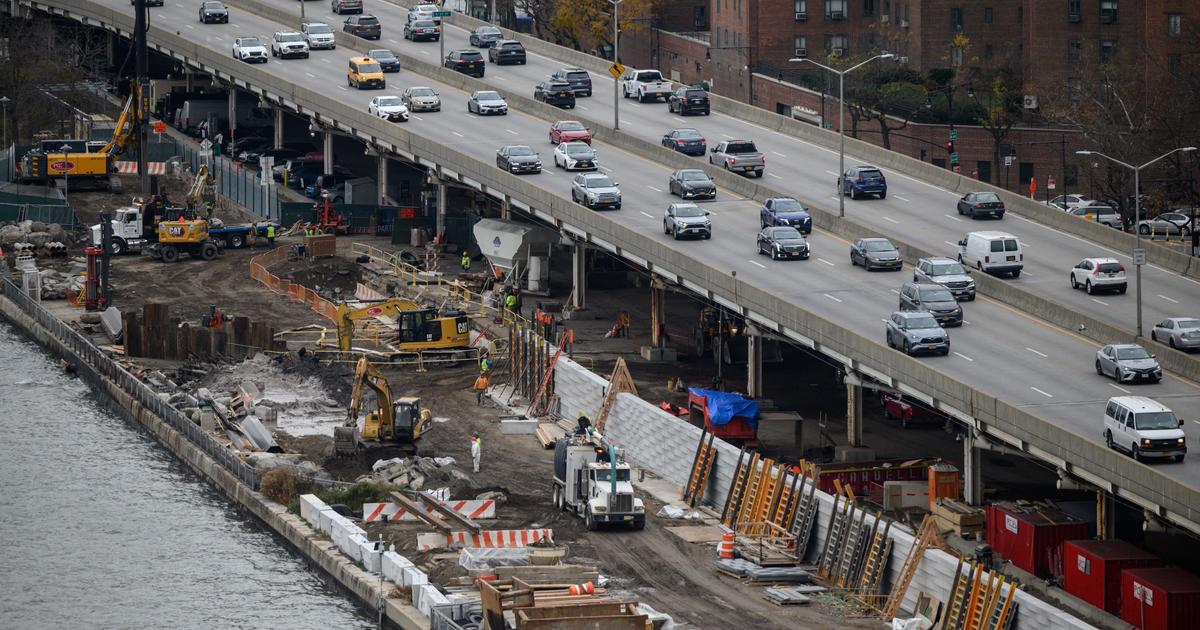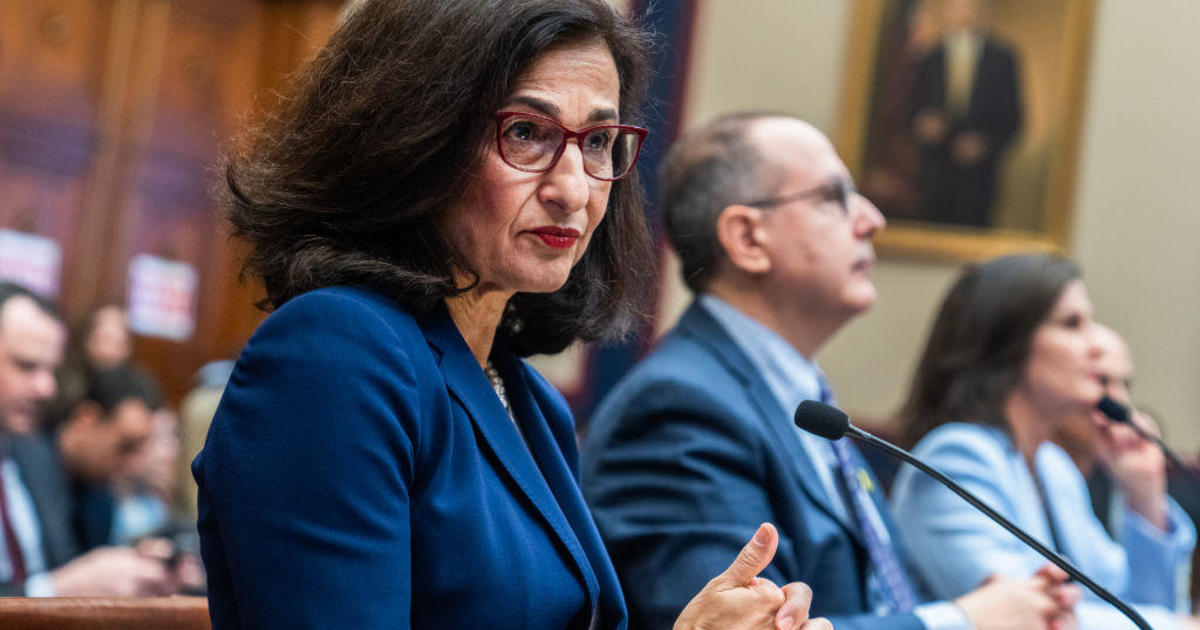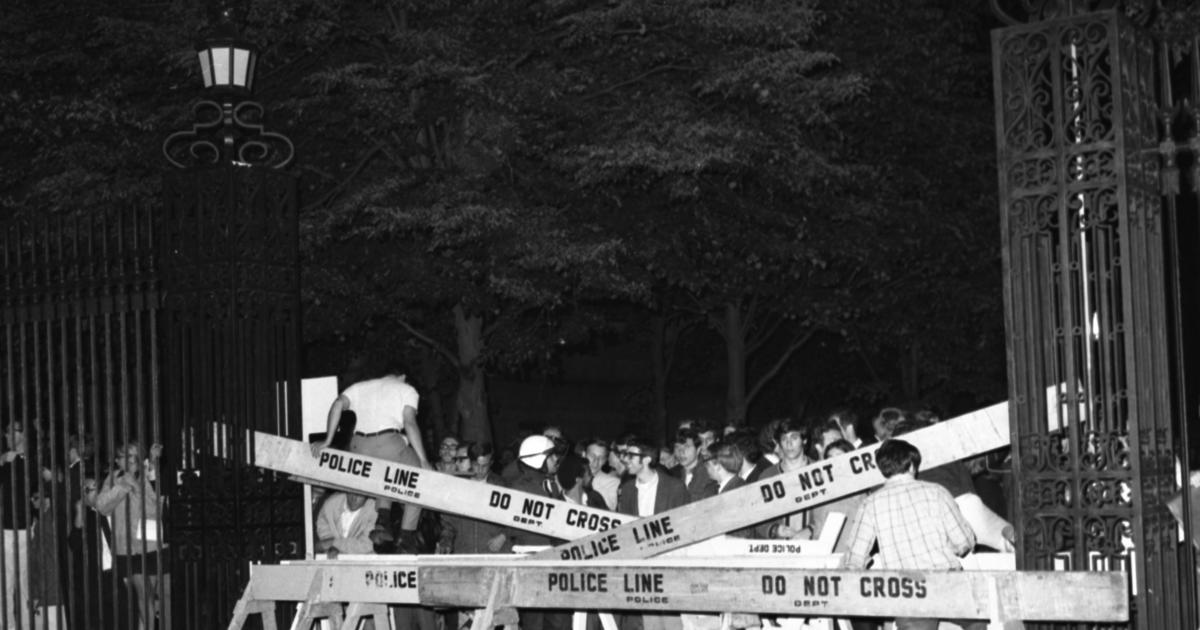'I Was Screaming In Pain:' Rise In Kidney Stone Cases In Teens Has Doctors, Parents Worried
NEW YORK (CBSNewYork) -- In a surprising twist, the incidence of kidney stones are on the rise in teenage patients.
The occurrence is rising enough that some experts are calling it an epidemic. They can be very painful, but they're also indicators of a larger disorder of mineral metabolism.
It can mean chronic kidney disease, osteoporosis, and even cardiovascular disease -- several reasons why doctors are concerned about stones showing up in young people.
Emma Gaal is only 17-years-old, and already she's a veteran "stone-maker." She had her first kidney stone in the first grade.
"As my mom tells the story I was screaming in pain," she said. "They had no clue what was going on. They sent me home and I passed the stone."
Since then, Emma has made several more stones. She even had a couple lasered to remove them.
What's most shocking is that she's got a lot of company.
"I certainly think we're seeing an epidemic of stone diseases among adolescents and children," Dr. Gregory Tasian from the Children's Hospital of Philadelphia said.
Tasian has some theories as to why it's happening.
"Diet has probably something to do with it," he said. "One thing that our research group is also examining is the effect of antibiotics as well as the microbiome on, uh, the risk factors for stones."
Emma is taking part in a study with the National Institute of Health, which is trying to identify stone risks in adolescents and how to prevent them. The number one prevention is water, and lots of it. Emma carries several bottles with her daily to help swig the mandated 100 ounces a day -- more than three quarts.
"I think at first it was a lot of water and I was, I was sick to my stomach after drinking that much water because I wasn't used to that amount of water," she said. "Now my body's adjusted."
Making things easier is a smart bottle, which senses how much water Emma drinks and links to her smart phone via Bluetooth. She also takes medicine that helps keep stones from forming.
Since different people make different kinds of stones, the medicines vary from patient to patient. One thing they all have do do, though, is drink their water.



